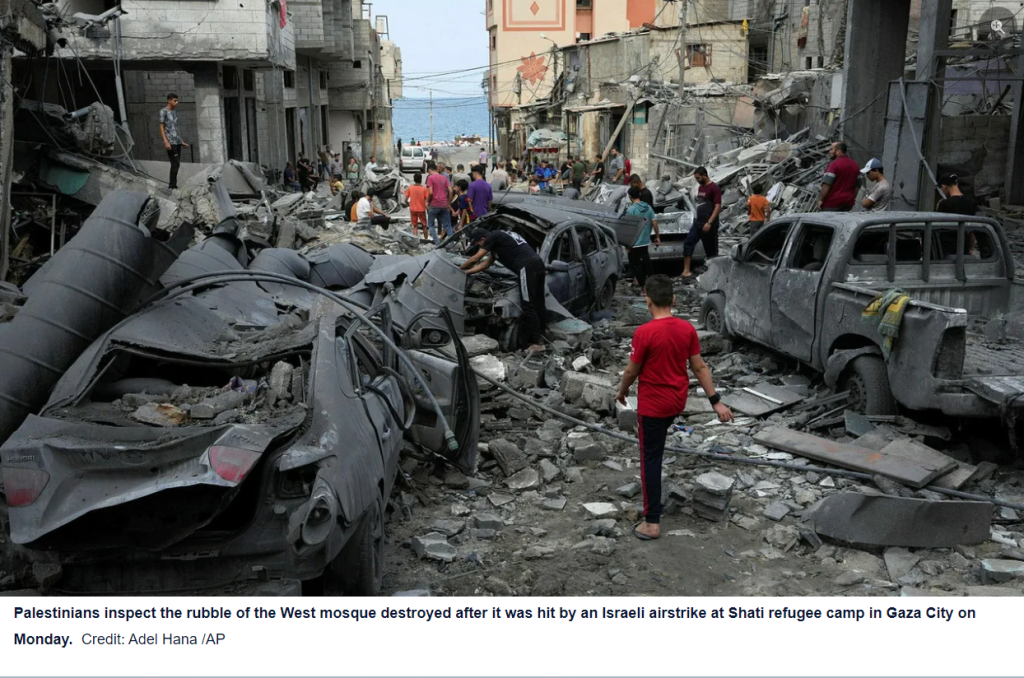The longstanding enmity between Israel and Palestine is a complex issue with multiple underlying causes. Here are some of the key factors that contribute to the conflict:
1. Historical and territorial claims: Both Israelis and Palestinians lay claim to the same land, specifically the territory historically known as Palestine, which includes present-day Israel, the West Bank, and Gaza Strip. Both communities have deep historical and religious connections to this land, and this dispute has fueled the conflict.
2. Zionist movement and establishment of Israel: The Zionist movement emerged in the late 19th century, seeking to establish a Jewish homeland in Palestine due to historical ties and as a response to rising anti-Semitism in Europe. Following World War II and the Holocaust, the international community, through the United Nations, partitioned Palestine into separate Jewish and Arab states, leading to the establishment of the State of Israel in 1948. The creation of Israel resulted in the displacement of hundreds of thousands of Palestinians, leading to their ongoing struggle for recognition, justice, and statehood.
3. Arab-Israeli wars and conflicts: The Arab-Israeli wars, especially the 1948 Arab-Israeli War, 1967 Six-Day War, and 1973 Yom Kippur War, have added to the animosity between Israelis and Palestinians. These conflicts led to territorial changes, Israel’s occupation of the West Bank and Gaza Strip, and the displacement of additional Palestinian populations.
4. Israeli settlements and occupied territories: Israel’s policy of establishing settlements in the occupied territories, such as the West Bank and East Jerusalem, continues to be a major point of contention. Palestinians view these settlements as illegal under international law and obstacles to the establishment of a contiguous Palestinian state. The expansion and growth of settlements have been ongoing hurdles to peace negotiations.
5. Palestinian nationalism and resistance: Palestinians have also struggled for their national rights, self-determination, and statehood. Various protests, uprisings, and resistance movements, such as the First and Second Intifadas, have emerged in response to the Israeli occupation and perceived lack of progress towards a resolution.
6. Control of Jerusalem: Jerusalem holds immense religious, cultural, and symbolic significance for both Israelis and Palestinians. The dispute over the control and sovereignty of Jerusalem, particularly the Al-Aqsa Mosque compound and the Western Wall, amplifies tensions and complicates peace efforts.
It is important to note that the conflict is multifaceted and involves a combination of historical, political, territorial, and religious factors. Resolving this complicated dispute will require comprehensive dialogue, mutual recognition, compromise, and the recognition of rights and security concerns from both sides.




Leave a comment